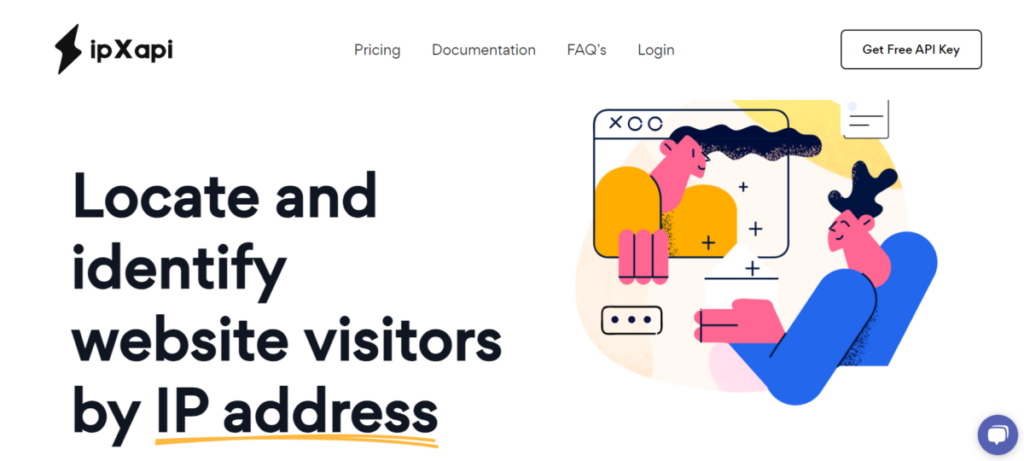In the realm of web development, understanding your audience’s geographic location and the type of network they’re using is crucial. This is where ipXapi steps in. As a comprehensive IP geolocation API, ipXapi enables developers to detect not just the location but also the cloud provider of the IP address accessing their systems. This functionality is pivotal for enhancing network security and ensuring that businesses can make informed decisions based on reliable data.
The Core of ipXapi: Cloud Provider Detection API
The Cloud Provider Detection API is a powerful tool that developers can integrate into their applications to retrieve detailed information about the IP addresses accessing their services. This feature is particularly useful in identifying whether an IP address is linked to a specific cloud provider, such as AWS, Google Cloud, or Azure. By knowing the cloud provider, developers can better understand the network origin of their users, which can be beneficial for optimizing content delivery and enhancing user experience.
Moreover, this API goes beyond basic geolocation. It provides insights into the network characteristics of the IP, including whether the IP is part of a VPN, is anonymous, or belongs to a known cloud provider. This level of detail is crucial for developers who need to assess the security risks associated with incoming traffic. For example, if an IP address belongs to a known cloud provider but is being used anonymously, it might indicate suspicious activity, prompting further investigation.
Enhancing Security with ipXapi
One of the most compelling aspects of ipXapi is its focus on security. The API includes features designed to help developers assess the security risks associated with IP addresses in real-time. This is particularly important for online businesses that process sensitive transactions, such as e-commerce sites or financial platforms.
The security section of the ipXapi response is enriched with features that enable developers to identify potentially risky IPs. For instance, if an IP address is detected as a Bogon (an IP address that should not appear on the public internet), a Tor exit node, or part of a VPN, developers can flag these IPs for additional scrutiny. This feature is invaluable for preventing fraud and unauthorized access.
Consider the scenario where an online store receives a payment from an IP address detected as using a VPN or anonymizer. While VPNs have legitimate uses, they can also be used to mask malicious intent. With ipXapi, developers can set up automated alerts for such scenarios, allowing them to take precautionary measures, such as requiring additional verification from the user or blocking the transaction entirely.
Conclusion
In today’s digital landscape, where online security is paramount, ipXapi emerges as a critical tool for developers. Its Cloud Provider Detection API offers a comprehensive solution for identifying the cloud infrastructure behind IP addresses, which is vital for optimizing content delivery and ensuring network security. Furthermore, the enhanced security features within ipXapi, such as the detection of VPNs, Tor nodes, and Bogon IPs, empower developers to proactively manage potential threats.


